What are Herniated Discs?
Herniated discs, also known as a “slipped” or “bulging” disc, refers to when one of the rubbery cushions (discs) that sit between the individual bones of your spine (vertebrae) move out of position.
Spinal discs have a soft, jellylike center (nucleus) wrapped in a tough, rubbery exterior (annulus).
Also referred to as a ruptured disk, a herniated disc occurs when some of the nucleus pushes out through a tear in the annulus.
Herinated Disc Symptoms
- Sharp extremity pain: If the herniated disc is in your lower back, you’ll typically feel pain in your buttocks, thigh and calf. You might have pain in part of the foot, as well. If it’s in your neck, you’ll typically feel the most pain in your shoulder and arm. The pain is commonly described as “sharp.”
- Numbness or tingling: People who have a herniated disc often report “radiating,” or spreading, numbness or tingling in the portion of the body served by the affected nerves.
- Weakness: Muscles served by the affected nerves, especially in the lower part of the body, tend to weaken. This can cause you to stumble, and negatively impact your ability to lift or hold items.
It is also possible to have a herniated disc without displaying these symptoms, or any symptoms at all. You might not know you have it unless or until it appears on a spinal image. Learn more about specific herniated disc or herniated lumbar disc symptoms, and how they can be treated, here.
Herniated Disc Treatments
Non-surgical Treatment for Herniated Discs
- Avoid sitting for long periods by taking rest breaks throughout the day
- Tightly control all your physical activity, especially bending forward and lifting
- Adjust your physical activites to avoid movements that can cause further pain
Additional non-surgical disc herniation treatment options include:
- Our personalized back pain care services
- Nonsteroidal anti-inflammatories: Medications such as ibuprofen or naproxen can help relieve pain
- Physical therapy: Specific exercises will help strengthen your lower back and abdominal muscles
- Epidural steroid injection: An injection of a cortisone-like drug into the space around the nerve may provide short-term pain relief by reducing inflammation
There is evidence that epidural injections successfully reduces herinated disc pain in many patients who have not experienced relief from other forms of non-surgical care.
Surgical Treatment for Herinated Discs
A number of patients with disc herniation or lumbar disc herniation require surgery. The most common procedure used to treat a single herniated disc is a microdiscectomy. This surgical spine procedure is done through a small incision at the level of the disk herniation and often involves the use of a microscope.
In a microdiscectomy, the herniated portion of the disk is removed along with any additional fragments that are putting pressure on nearby spinal nerves.
A larger microdiscectomy procedure may be required if there are disk herniations at more than one level, in other words, if you have multiple herinated discs.
Rehabilitation from Microdiscectomy Treatment: Your doctor or a physical therapist may recommend a walking routine, along with specific exercises, to help restore strength and flexibility to your back and legs. To reduce the risk of repeat herniation, you may be prohibited from bending, lifting, and twisting for the first few weeks after surgery.
Endoscopic Discectomy is another surgical treatment for herniated discs. When a discectomy is performed via endoscope, it is known as an endoscopic discectomy.
Endoscopic discectomy is a form of minimally invasive spine surgery that offers the following advantages over traditional approaches:
- High success rate
- Expedited recovery time
- Preservation of spinal mobility
- Local anesthesia (compared to general anesthesia)
Importantly, the small incision required for an endoscopic discectomy also reduces the trauma and scar tissue formation on your body.
Both microdiscectomies and endoscopic discectomies are same-day, outpatient surgical procedures.
Schedule an e-consult with Dr. Morrison to discuss your herniated disc treatment options today.
Herinated Disc Prognosis
While herniated discs can be extremely painful — especially lumbar, or lower back herinated discs — the symptoms are not long-lasting for many patients.
The vast majoirity of people who experience a lumbar herniated disc will experience no symptoms up soon as six weeks later.
Experts believe the symptoms from a lumbar herniated disc may resolve themselves for three reasons:
- The body attacks the herniation as “foreign,” thereby minimizing the size of the herniated material and reducing the number of inflammatory proteins near the root of nearby nerves.
- Over time, liquid produced by the herniated disc is absorbed into the body, causing the affected disc to naturally shrink.
- Lumbar extension exercises, such as stretching and therapy, may move the herniated area away from the discs themselves.
Immediately following surgery, I was standing and walking pain free. I am enjoying my life again and have Dr. Morrison to thank!

